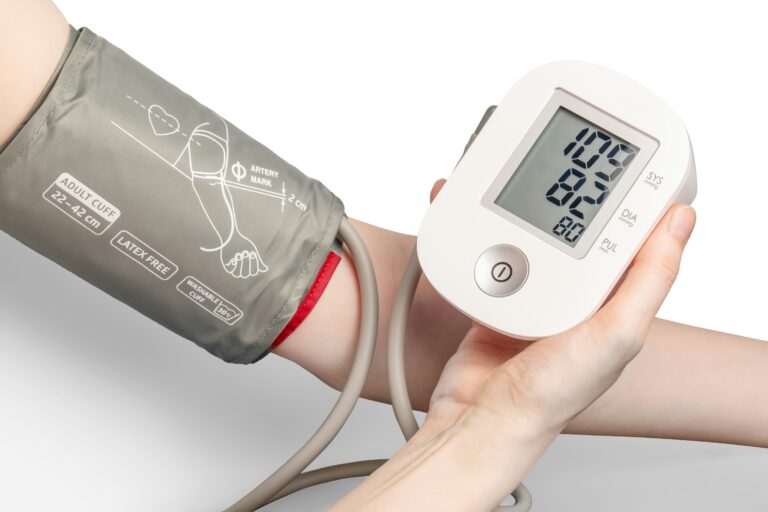Managing Arthritis: A Comprehensive Guide to Living Well

Arthritis is a common condition that affects millions of people worldwide, causing pain, stiffness, and reduced mobility. While there is no cure for arthritis, there are many strategies you can use to manage your symptoms and improve your quality of life. In this guide, we’ll explore various techniques and lifestyle changes that can help you effectively manage arthritis.
Understanding Arthritis: Types and Symptoms Arthritis is a broad term that refers to inflammation of the joints. There are over 100 different types of arthritis, but the most common ones include osteoarthritis, rheumatoid arthritis, and psoriatic arthritis. Symptoms can vary depending on the type of arthritis but often include joint pain, stiffness, swelling, and decreased range of motion.
Exercise and Physical Activity: Keeping Joints Healthy Regular exercise is crucial for managing arthritis symptoms and maintaining joint health. Low-impact activities such as walking, swimming, and cycling can help improve flexibility, strengthen muscles, and reduce pain. It’s essential to find activities that you enjoy and that are gentle on your joints.
Weight Management: Easing Joint Pressure Maintaining a healthy weight is important for managing arthritis, especially for those with osteoarthritis. Excess weight puts added stress on the joints, leading to increased pain and inflammation. By maintaining a healthy weight through a balanced diet and regular exercise, you can reduce strain on your joints and improve overall mobility.
Joint Protection: Minimizing Stress Protecting your joints from further damage is key to managing arthritis. Simple strategies such as using ergonomic tools, avoiding repetitive movements, and practicing good posture can help reduce strain on your joints and minimize pain. Using assistive devices such as braces or splints can also provide support and stability.
Medications and Treatments: Relieving Pain and Inflammation There are various medications available to help manage arthritis symptoms, including over-the-counter pain relievers, nonsteroidal anti-inflammatory drugs (NSAIDs), and prescription medications. In addition to medications, other treatments such as physical therapy, heat and cold therapy, and corticosteroid injections can help reduce pain and inflammation.
Stress Management: Relaxation Techniques for Relief Stress can exacerbate arthritis symptoms, so it’s essential to find effective ways to manage stress and promote relaxation. Techniques such as deep breathing, meditation, yoga, and tai chi can help reduce stress levels and improve overall well-being. Prioritizing self-care and finding activities that help you unwind can also have a positive impact on arthritis management.
Nutrition: Supporting Joint Health A healthy diet plays a crucial role in managing arthritis symptoms and supporting overall joint health. Foods rich in omega-3 fatty acids, antioxidants, and vitamins and minerals such as vitamin D and calcium can help reduce inflammation and support bone health. Incorporating plenty of fruits, vegetables, whole grains, and lean proteins into your diet can help provide essential nutrients for managing arthritis.
Sleep Hygiene: Restoring Energy and Healing Getting enough quality sleep is vital for managing arthritis symptoms and promoting overall health. Establishing a regular sleep schedule, creating a relaxing bedtime routine, and creating a comfortable sleep environment can help improve sleep quality and reduce pain and stiffness associated with arthritis.
Education and Support: Empowering Yourself Educating yourself about your condition and connecting with others who have arthritis can help you feel more empowered and in control of your health. Joining support groups, attending educational workshops, and staying informed about new treatments and research can provide valuable resources and encouragement on your journey with arthritis.
Conclusion: Thriving Despite Arthritis While living with arthritis can present challenges, it’s possible to effectively manage your symptoms and lead a fulfilling life. By incorporating a combination of exercise, weight management, joint protection, medications, stress management, nutrition, sleep hygiene, and education and support into your daily routine, you can take control of your arthritis and enjoy improved quality of life.
Remember to consult with your healthcare provider before making any significant changes to your arthritis management plan. With dedication, patience, and a proactive approach, you can navigate the ups and downs of arthritis and continue to thrive.







